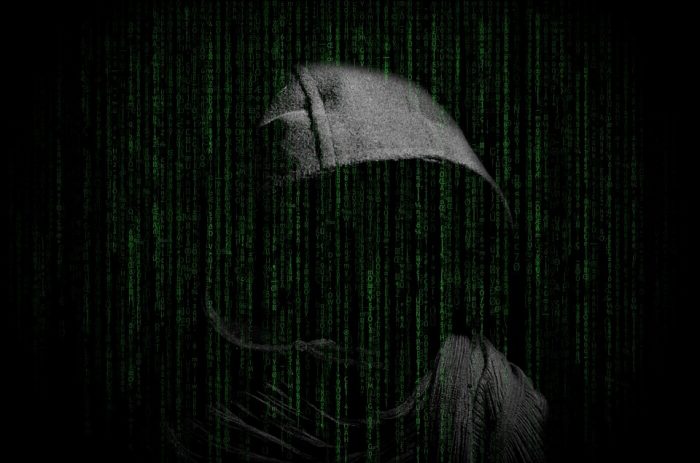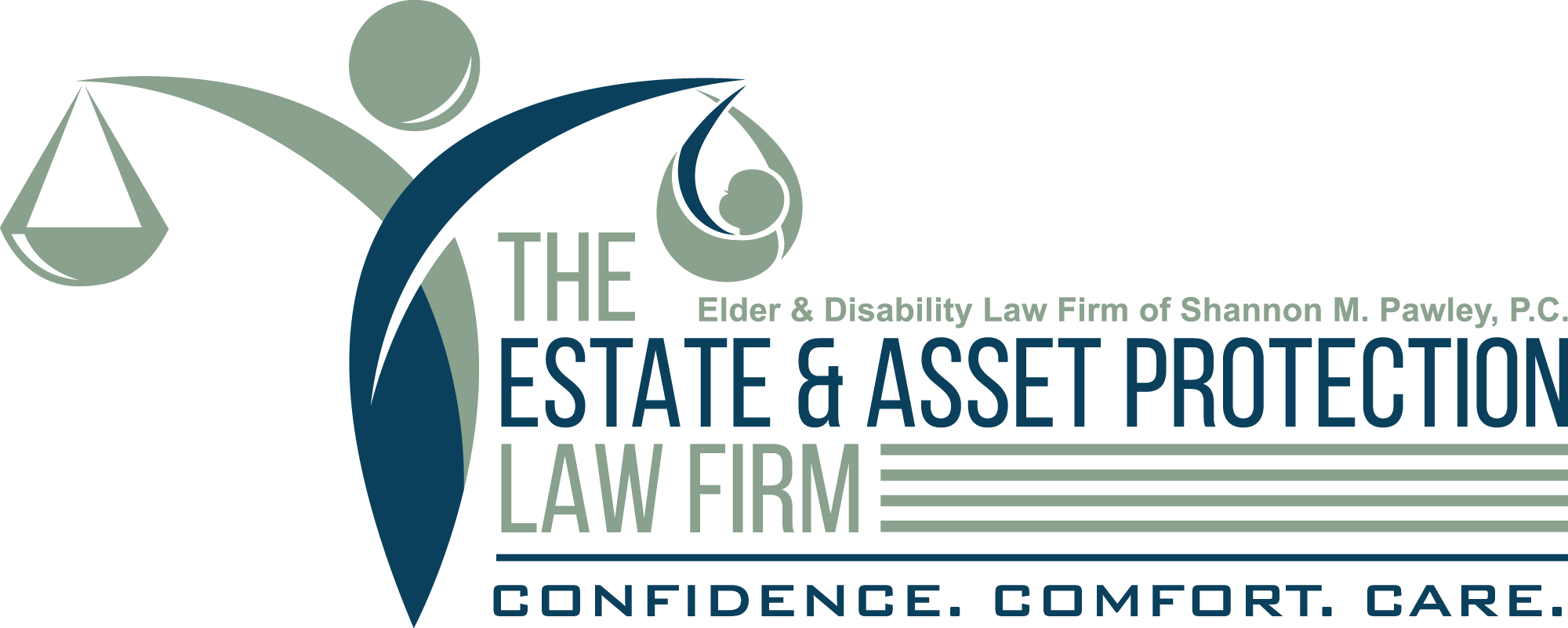Seniors Continually Targeted On Dark Web

Seniors have historically been targets for con artists and scammers of all variations.
Seniors have worked during their lives to save for retirement and, then along comes some scam artist to con them out of their hard-earned money.
Today, people are getting more savvy to scams that come over the telephone and, often (but not often enough) they put into place Estate and Asset Protection Plans. But now we live in the digital age, and again seniors are the primary targets of cyber criminals on the dark web. An Estate and Asset Protection Plan will ensure that your assets are distributed the way you want and can prevent lawsuits from gaining access to your assets. But, if your assets are accessible to cyber criminals there is no asset protection plan that can prevent them from stealing from you.
An In-depth Look At The Dark Web
AARP has recently published an article that gives great detail into the workings of the dark web and seniors. In case you haven’t read it, or don’t want to read the entire article, I’m going to highlight some of the points that I consider relevant for every person, especially seniors.
The article is the result of interviews with two cyber criminals – one spent time behind bars – who have decided to become good guys and help law enforcement catch active cyber criminals. They describe the dark net as being like the bottom of the ocean vast, while the Internet that we use is described as being like the surface of the ocean.
According to the article, “Seniors are prime targets because they are more likely to have money and better credit.” They also reported that, “stolen profiles of seniors are the easiest to acquire and are the least likely to become compromised, because most seniors don’t check their accounts.” Meaning they don’t go online to check their bank and financial accounts. In fact according to the AARP, “Only 1 in 3 individuals over 65 have online access to all of their bank accounts for monitoring purposes, greatly reducing their ability to check for illegal activity.”
Vast, Dark And Untraceable
No one knows how big the dark web is. One site the article mentioned was taken down in July of last year and it had over 200,000 users. The site was raking in between $600,000 and $800,000 per day. The FBI estimated that this particular cybercriminal ring had “listings for 4,488 stolen personal IDs, 28,800 stolen credit card numbers and 3,586 hacking tools.”
The fact that many seniors don’t bank digitally, but they do have social media accounts, gives cybercriminals access to lots of personal information. For starters, a scammer can buy basic profile information on the dark web that includes name, address, Social Security number and date of birth. Then the scammers head to social media accounts to find out as much as possible about the person. This is how they build out a complete profile.
Armed with all this data and personal history, the assault starts. Cybercriminals can infiltrate your credit bureau files; change your contact phone numbers and emails; take over your bank or investment accounts; create new credit card accounts; and even take out personal loans. If you don’t check your accounts frequently you may not even know you are a victim until months after the damage is done and the scammer has moved on to another victim.
Take Action, Take Charge and Avoid Becoming A Victim
Keep in mind that the dark web is not accessible to everyone. You must have special software to get in. Anyone can get the software and criminals are the biggest customer base. Remember this when you see or hear ads that tell you they can scan the dark web to see if you’re vulnerable to identity theft. These companies cannot get behind the “paywall” that only a crook with the URL can access.
What’s important is putting up some resistance to deter the crooks from wanting to steal your identity.
Here’s what some security experts recommend:
- Place a security freeze on all your accounts with the three major credit reporting agencies,
et an AARP study found that just 14 percent of adults have ever done this. - Register for online access to every financial account you have (bank accounts, credit cards, 401(k)s and so on). Then check each one weekly. Also consider setting up alerts on your major accounts so that any time there is activity, you are sent a text message.
- Use a password manager which generates complex, hard-to-hack passwords for each of your accounts; and often will notify you of data breaches at companies you have accounts with. That allows you to quickly change the password for that account, protecting your information
One bit of good news is that cyber criminals follow the path of least resistance. So if you put up any resistance at all, the criminals will likely avoid you like the plague.
Looking to find an experienced estate lawyer in the Georgia area who is skilled in asset protection and estate plan preparation? Shannon Pawley is an attorney in Georgia with expertise in estate planning and asset protection. Shannon can provide assistance with creating an estate plan to include making a will and how to establish a trust properly. If you have questions about asset protection or questions about making an estate plan, reach out to Shannon and she will be glad to help answer all the estate planning questions you might have!







